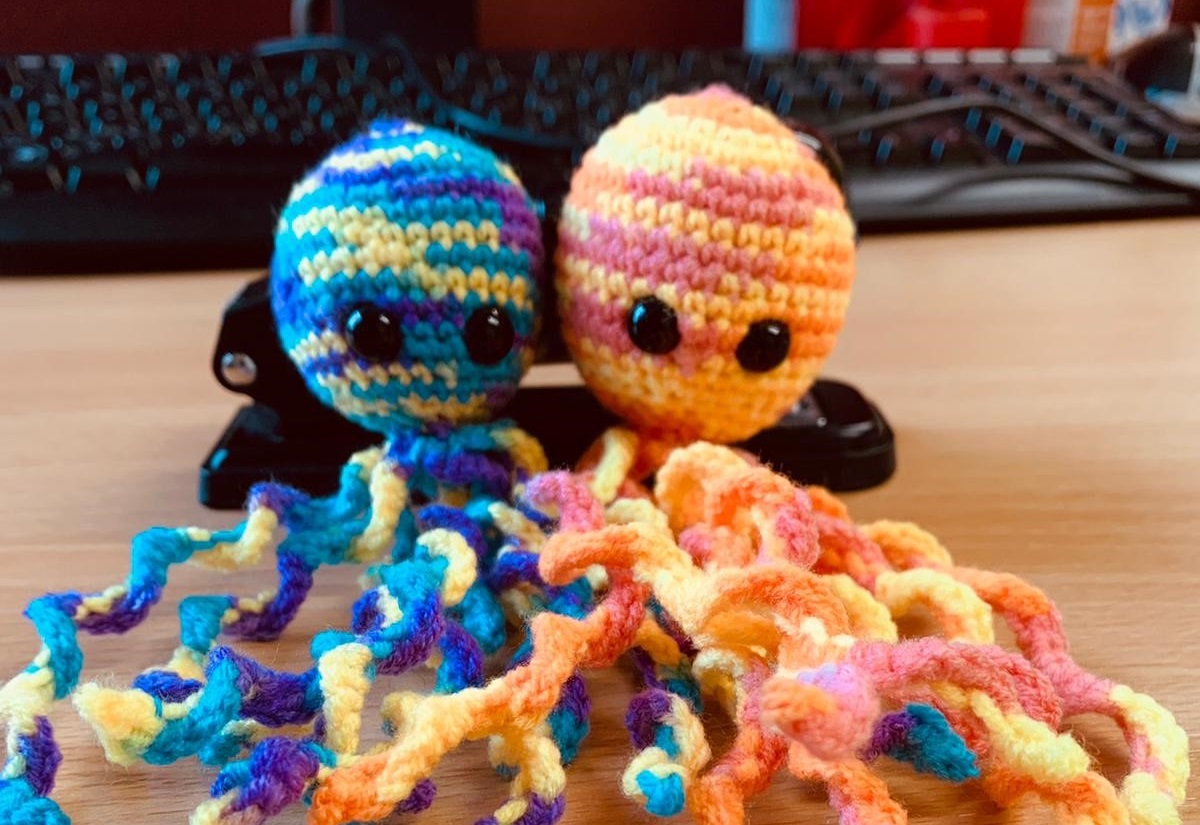
It's possible that a vegetative state can become permanent, but often individuals progress to a minimally conscious state. Although the person is unaware of surroundings, he or she may open his or her eyes, make sounds, respond to reflexes, or move. Widespread damage to the brain can result in a vegetative state. After a few days to a few weeks, a person may emerge from a coma or enter a vegetative state.

This results from widespread damage to all parts of the brain. A person in a coma is unconscious, unaware of anything and unable to respond to any stimulus. Different states of consciousness include: Moderate to severe traumatic brain injury can result in prolonged or permanent changes in a person's state of consciousness, awareness or responsiveness. Severe injuries increase the risk of a greater number of and more-severe complications.

Several complications can occur immediately or soon after a traumatic brain injury.
Young adults, especially those between ages 15 and 24. Children, especially newborns to 4-year-olds. The people most at risk of traumatic brain injury include: Traumatic brain injury also results from penetrating wounds, severe blows to the head with shrapnel or debris, and falls or bodily collisions with objects following a blast. Although how the damage occurs isn't yet well understood, many researchers believe that the pressure wave passing through the brain significantly disrupts brain function. Explosive blasts are a common cause of traumatic brain injury in active-duty military personnel. These are particularly common in youth.Įxplosive blasts and other combat injuries. Traumatic brain injuries may be caused by injuries from a number of sports, including soccer, boxing, football, baseball, lacrosse, skateboarding, hockey, and other high-impact or extreme sports. Shaken baby syndrome is a traumatic brain injury in infants caused by violent shaking. Gunshot wounds, domestic violence, child abuse and other assaults are common causes. Collisions involving cars, motorcycles or bicycles - and pedestrians involved in such accidents - are a common cause of traumatic brain injury. Falls from bed or a ladder, down stairs, in the bath, and other falls are the most common cause of traumatic brain injury overall, particularly in older adults and young children. The degree of damage can depend on several factors, including the nature of the injury and the force of impact.Ĭommon events causing traumatic brain injury include the following: Traumatic brain injury is usually caused by a blow or other traumatic injury to the head or body. Request an Appointment at Mayo Clinic Causes A mild injury to the brain is still a serious injury that requires prompt attention and an accurate diagnosis. The terms "mild," "moderate" and "severe" are used to describe the effect of the injury on brain function. Seek emergency medical care if there are any signs or symptoms of traumatic brain injury following a recent blow or other traumatic injury to the head. Loss of interest in favorite toys or activitiesĪlways see your doctor if you or your child has received a blow to the head or body that concerns you or causes behavioral changes. Persistent crying and inability to be consoled. In a child with traumatic brain injury, you may observe: Infants and young children with brain injuries might not be able to communicate headaches, sensory problems, confusion and similar symptoms. Coma and other disorders of consciousness. Agitation, combativeness or other unusual behavior. Weakness or numbness in fingers and toes. Clear fluids draining from the nose or ears. Dilation of one or both pupils of the eyes. Persistent headache or headache that worsens. Loss of consciousness from several minutes to hours. Moderate to severe traumatic brain injuries can include any of the signs and symptoms of mild injury, as well as these symptoms that may appear within the first hours to days after a head injury: Physical symptoms Moderate to severe traumatic brain injuries  No loss of consciousness, but a state of being dazed, confused or disoriented. Loss of consciousness for a few seconds to a few minutes.
No loss of consciousness, but a state of being dazed, confused or disoriented. Loss of consciousness for a few seconds to a few minutes. 
Sensory problems, such as blurred vision, ringing in the ears, a bad taste in the mouth or changes in the ability to smell.The signs and symptoms of mild traumatic brain injury may include: Physical symptoms Some signs or symptoms may appear immediately after the traumatic event, while others may appear days or weeks later. Traumatic brain injury can have wide-ranging physical and psychological effects.








 0 kommentar(er)
0 kommentar(er)
